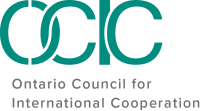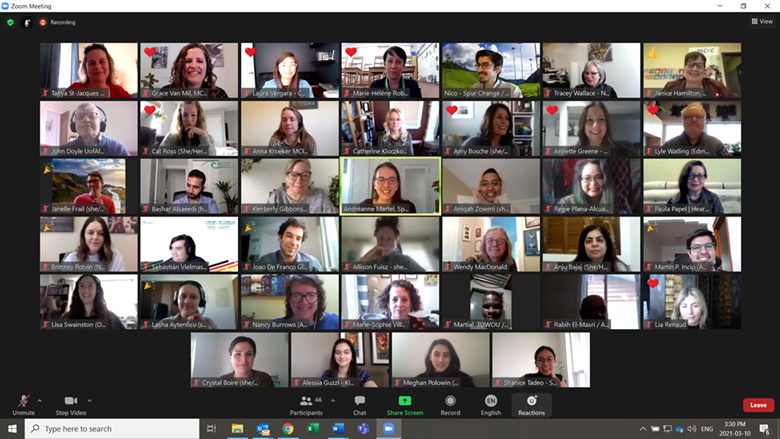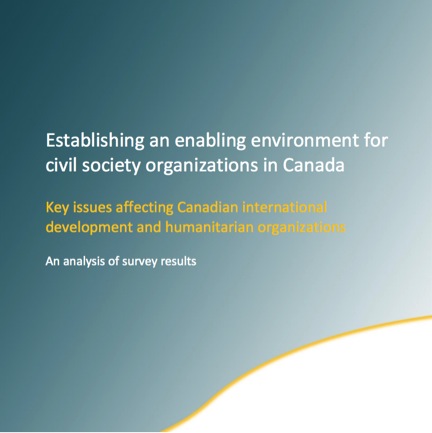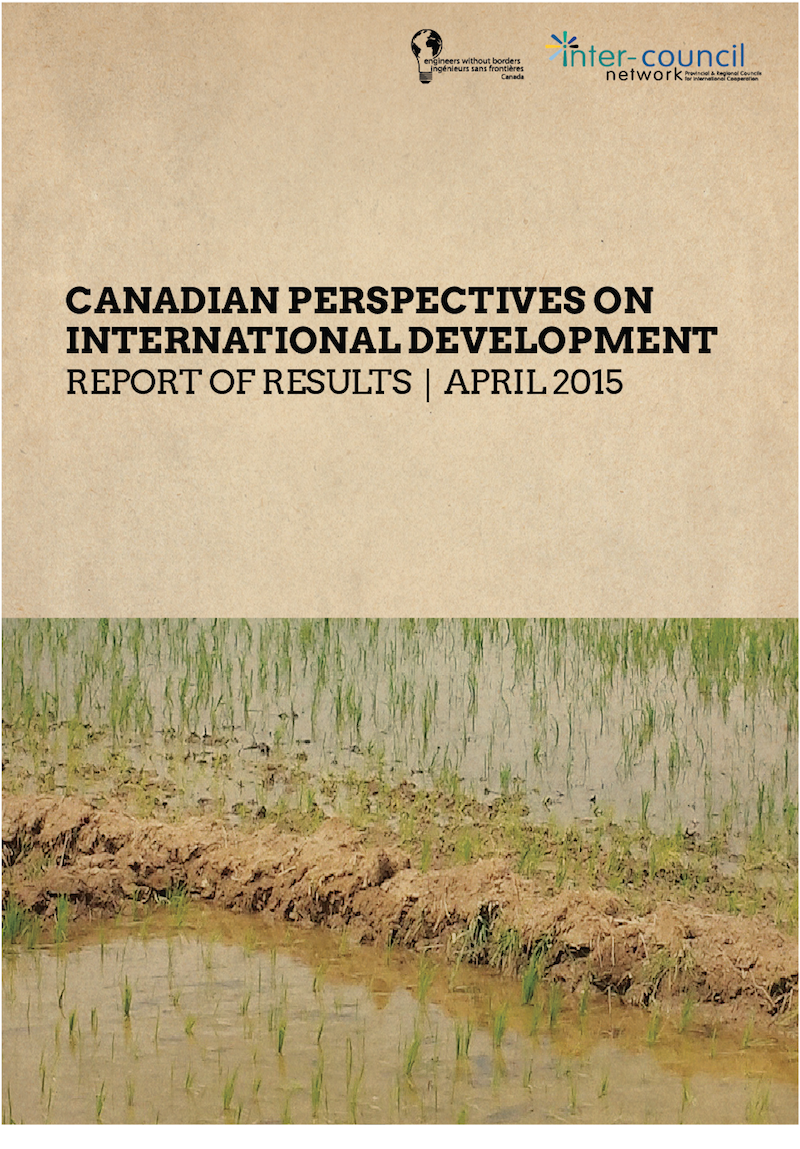
Cultural Communities for Sustainable Development Consultation
Convened by the Ontario Council for International Cooperation (OCIC) in collaboration with the Deparment of Foreign Affairs, Trade and Development Canada (DFATD)
Click here to view and share the consultation report and video.
Enhancing Cultural Community Contributions to International Cooperation
On April 20, 2015, the Ontario Council for International Cooperation (OCIC), in collaboration with the Foreign Affairs, Trade and Development Canada (DFATD), hosted a consultation in Toronto focussed on deepening cultural community groups’ engagement in international cooperation.
The objectives of the consultation included:
- To build a shared understanding of the range of existing international cooperation activities and efforts being undertaken by and with cultural community groups
- To gain insights into cultural community groups’ areas of interest in working with DFATD and other key stakeholders on development cooperation issues
- To identify opportunities to deepen engagement with cultural community groups
The consultation was attended by nearly 60 representatives from cultural community groups, civil society, academia, research centres and DFATD.
A number of key messages arose from the interactive event and participants identified a number of ways to deepen engagement between cultural community groups and other stakeholders. These include:
- Significant potential exists to harness and expand cultural community groups’ engagement in international cooperation working in partnership with the Canadian government, civil society, academia and the business community.
- Principles should inform future and deeper engagement including:
Voice, participation and inclusivity: that consultation occurs from the onset in potential collaboration with adequate time for preparation, and is inclusive across and within cultural community groups, and includes engagement with local beneficiaries;
Transparency: that government and other stakeholders are transparent in their engagement, funding and partnership policies and programs, and cultural community groups are transparent in terms of funding received, partnerships established, activities conducted and results achieved;
Partnership: that different stakeholders are encouraged to work in partnership with cultural community groups;
Differentiation: that differentiated approaches and mechanisms are used to engage the breadth of cultural community groups which vary greatly in their size, form and priorities;
Knowledge and evidence-based: that engagement is based on evidence and the valuable knowledge cultural community groups and other partners bring to collaborations;
Innovation: that engagement mechanisms harness and support the innovative approaches to sustainable development pursued by cultural community groups.
Engagement with cultural community groups could be deepened in a number of key ways. Efforts are needed to:
- Facilitate better coordination of cultural community groups’ engagement in international cooperation. This could occur through the establishment of virtual and in-person platforms which bring together cultural community groups and other development stakeholders.
- Develop funding and engagement mechanisms in line with the principles outlined above to promote innovative partnerships between cultural community groups and other development stakeholders, including civil society, academia, business and government to better harness the financial, human and knowledge-based contributions cultural communities make to international development.
Financial contributions
- Establish flexible, responsive, well-structured, transparent, long-term and predictable funding mechanisms that are accessible to small, medium and large cultural community groups and civil society organizations.
- Harness the substantial financial contributions cultural communities make to international development including through the use of tax incentives and the expansion of match funding schemes from humanitarian crises to broader sustainable development efforts.
- Provide support to develop the capacity of smaller cultural community groups to access government funding and more effectively track their contributions to sustainable development through partnerships with traditional development actors, training and other resources.
- Develop creative funding mechanisms between different levels of government and across government departments to enable cultural community groups to better leverage finance and combine their domestic and international engagement on sustainable development.
Individual contributions
- Continue to support engagements with cultural community groups through volunteer-sending programs and broaden support for innovative ways of engaging cultural communities remotely through the use of information and communication technology.
- Promote “brain circulation” by extending scholarships to individuals from developing countries and promoting educational exchanges.
Knowledge-based contributions
- Facilitate the establishment of long-term research partnerships on the qualitative and quantitative contributions made by cultural community groups in international cooperation. Such partnerships should draw from cultural community groups, as well as civil society organizations, academics and think tanks in Canada and the global South.
- Harness the knowledge of cultural community groups through inclusive consultation on development and foreign policymaking, including in policy areas that impact cultural communities such as migration, trade, development, and peace and security.
- Enhance its effectiveness and impact of international cooperation by consulting and working with cultural community groups in the design and implementation of sustainable development solutions.









